Bristol's night-time workers 'often exploited'
- Published
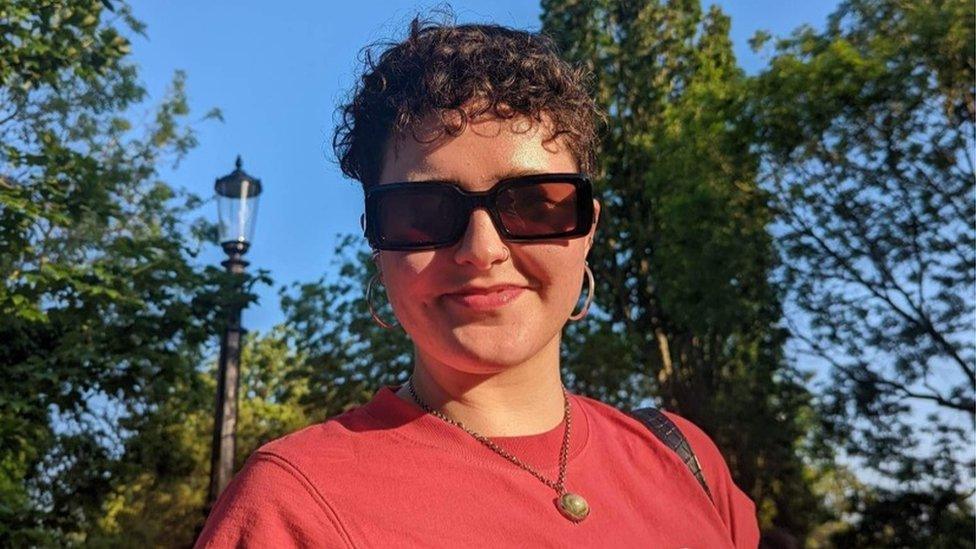
Ms Hibberd said working in a bar or club can be "a lot of fun" but hospitality workers need better support
People working in the night-time economy say more needs to be done to protect them.
In Bristol, where 38% of jobs are after dark, a new scheme plans to support the mental health of late-night workers.
The Thrive at Night handbook has been produced for pubs, music venues and other businesses in Bristol.
Lola Hibberd, 22, a festival worker who has also worked at several city bars, said young people were often exploited, such as by working more hours.
She said any support would not work "if people's conditions at work aren't changing".
Ms Hibberd said long hours and late shifts can be "tough" but "you know what you're signing up for".
But she believes people's mental health can suffer by being taken advantage of by employers.
In her experience, hospitality staff were regularly asked to work later than planned with little or no breaks, yet were paid "the bare minimum".
"Most people who get hired for these jobs are students and young people and may not know what their rights are," she said.
The city's night-time economy advisor Carly Heath, who is leading the new scheme, said: "Night workers work from 6pm to 6am and they have a very unique set of circumstances when it comes to mental health and wellbeing."
The programme also offers in-person training, peer support and trauma response support sessions to "empower workers with wellbeing support".
She said it aimed to support the sector and make staff "more emotionally resilient".

Dani Johns said "the few idiots ruin it" for night-time workers
Ms Heath explained after-dark jobs also include health and social care, late-night transportation, and warehousing.
She added the sector had a lot of young workers dealing with high levels of anxiety due to the Covid pandemic and the cost-of-living crisis.
'Burn out'
Comedian Dani Johns, 31, who runs a comedy night in the city and has worked as a bartender, said she loved working in Bristol's night life, but "when people are too drunk", it certainly makes it hard work.
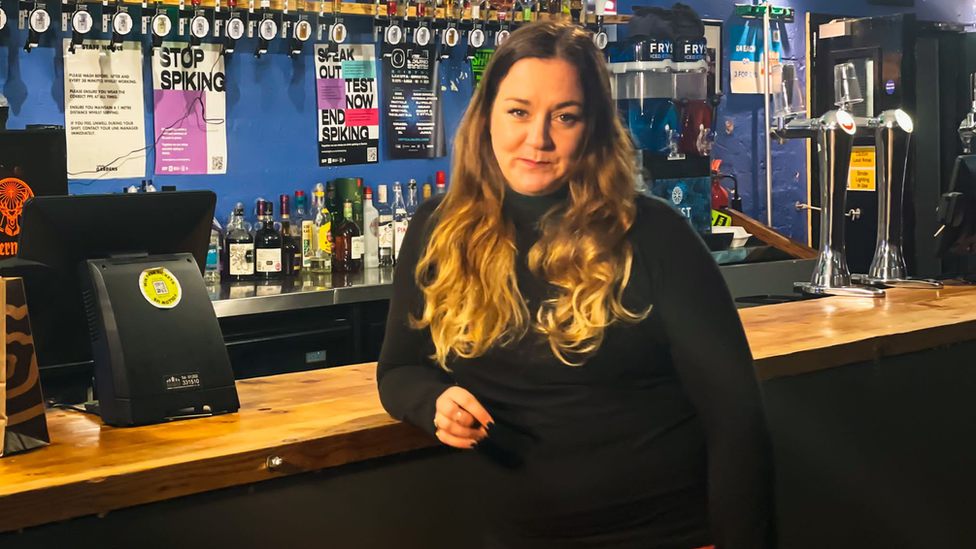
Carly Heath said they were aiming to create "compassionate leaders" amongst Bristol's night-time workforce
"I've had audience members jump on stage and grab me. I've had to break up a physical fight between audience members. I've had to have audience members removed from the venue for being disruptive and ruining the show for everyone else."
"I've seen a lot of burn out among bar staff."
Francis Reilly, creative director of Art Club MRKT in Bristol, which hosts live music, said: "I truly believe that the environment you create with the staff and the surroundings of your venue or space determines the atmosphere that is in air."
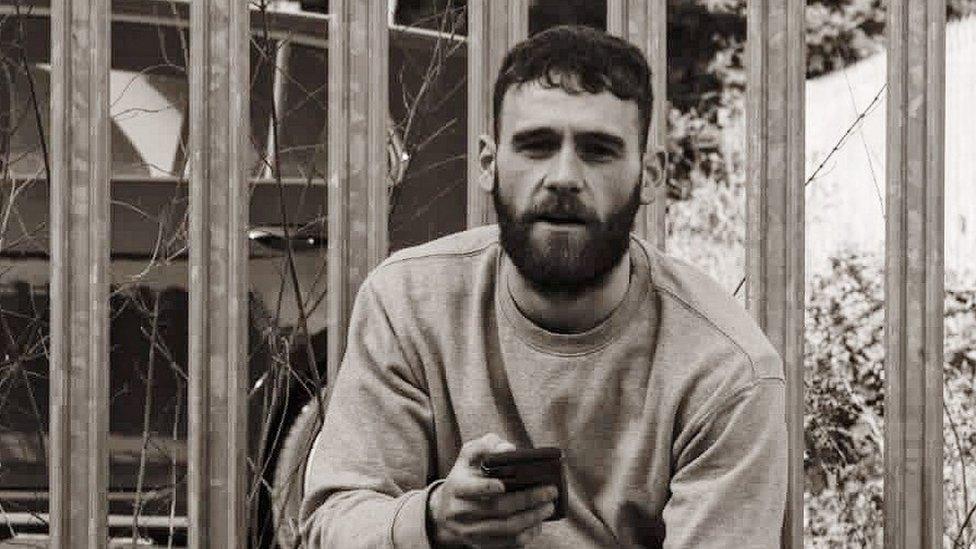
Francis Reilly said: "I believe there is more we can do to improve the foundations of the city's nightlife"
"Late nights and early mornings can be very difficult and have a huge strain on your mental health," he said.
Mr Reilly said being asked about this topic was "a blessing to me as a director to be more aware of people's mindsets and their mental health when working in a nightlife environment".
The Thrive at Night handbook can be downloaded from the Bristol Nights' website.

Follow BBC West on Facebook, external, Twitter, external and Instagram, external. Send your story ideas to: bristol@bbc.co.uk , external
Related topics
- Published15 November 2021
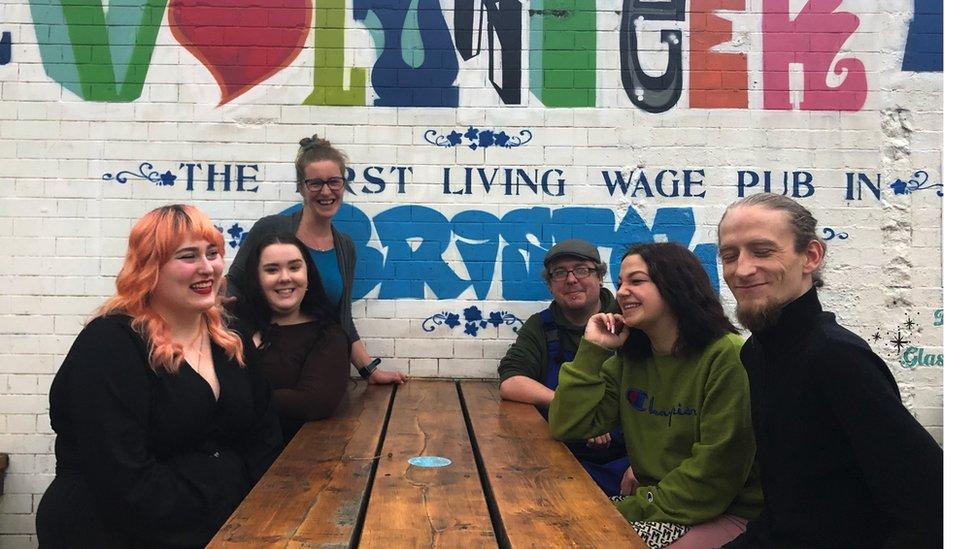
- Published30 December 2022
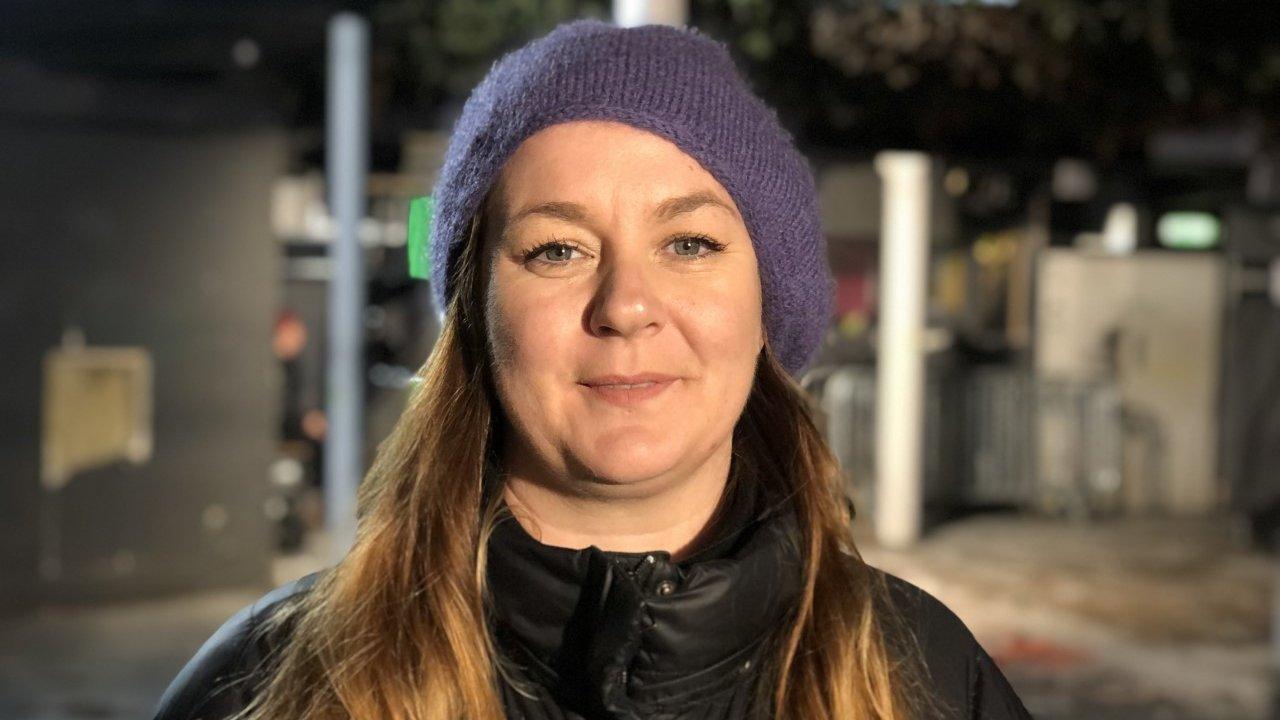
- Published22 December 2022
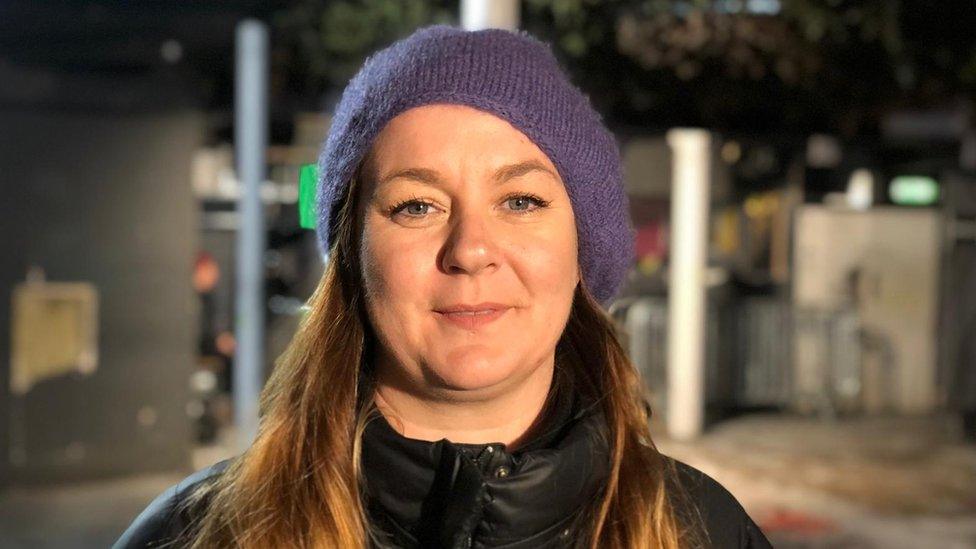
- Published21 September 2022
